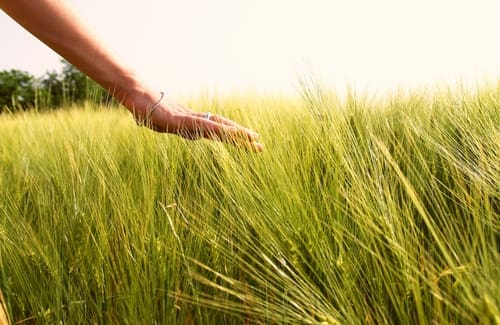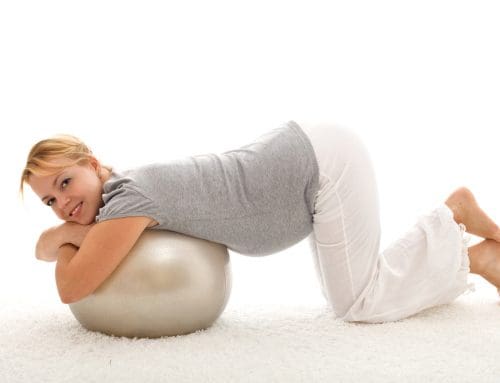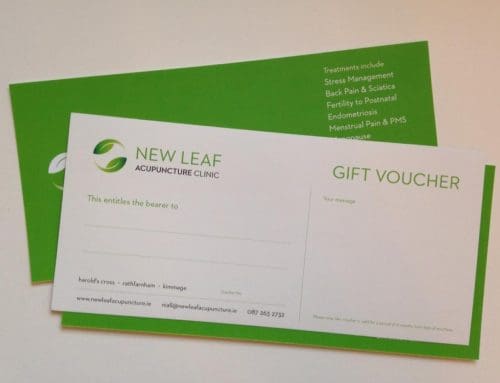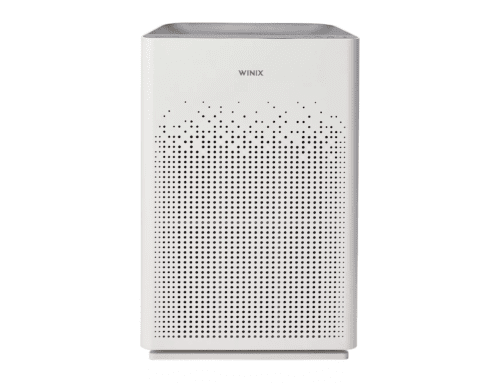Six tips to reduce hay fever symptoms

For the 1 in 5 people in Ireland who will suffer from hay fever this year, spring can feel like a disheartening blur of symptoms: runny nose, sneezing, itchy eyes, headaches, fatigue, difficulty breathing, and coughing.
But people with seasonal allergies should know that the months ahead need not be an unavoidable period of suffering. Nor does it require dependence on Claritin or fear of leaving the house without Kleenex.
How to ease your hay fever
A recent European survey of more than 2,000 people with hay fever found that lifestyle factors, such as stress and exercise, can have a major impact on hay fever.
Follow these tips to stop the allergies:
1. Calm down
Try to reduce your stress levels. The survey showed a clear link between stress and the severity of hay fever symptoms. Almost seven out of ten stressed-out hay fever sufferers rate their symptoms as unbearable or debilitating. As stress levels drop, symptoms become milder.
2. Exercise more
Regular exercise can improve your hay fever. The survey found that people with hay fever who exercise most have the mildest symptoms. Exercise will help reduce your stress levels, too.
Try moderate-intensity cycling and fast walking every week. However, during hay fever season, it’s best to avoid exercising outdoors first thing in the morning and early evening. Instead, exercise in late morning or afternoon when pollen counts tend to be lowest.
3. Eat well
The survey suggests that people with hay fever who eat a healthy diet are less likely to get severe symptoms.
Eat a varied, balanced diet with plenty of fruit and vegetables, but avoid foods that can make hay fever symptoms worse – these include apples, tomatoes, stoned fruits, melons, bananas and celery.
4. Cut down on alcohol
Alcohol worsens hay fever. Beer, wine and other spirits contain histamine, the chemical that sets off allergy symptoms in your body. As well as making you more sensitive to pollen, alcohol also dehydrates you, making your symptoms seem worse.
5. Sleep well
During the hay fever season try to avoid too many late nights. The survey found that people with hay fever who get a good night’s sleep tend to have the mildest symptoms.
6. Acupuncture
Acupuncture offers tools for both preventing spring allergy symptoms and getting rid of them. Specifically, there are seven acupuncture points that can work wonders for preventing and relieving spring allergies. Your acupuncturist can also teach you how to apply acupressure to these points so you can alleviate allergies all by yourself. All it takes is a few fingers and a little coordination.
Acupuncture for Hay Fever
A recent study at the University of Erlangen in Nuremberg, Germany, found that 85% of participants receiving acupuncture for hay fever reported an improvement in well-being and significant reduction in symptoms.
At New Leaf Acupuncture, Dublin, we offer treatment with acupuncture that carries the long term benefits of symptom relief, without the side effects of medication. For best results, treatment begins before symptoms emerge, or at the early stages.
Posted by Niall O’Leary
Click for more information on Prices.
Or call Niall on 087 2632732 for an appointment or free consultation.





